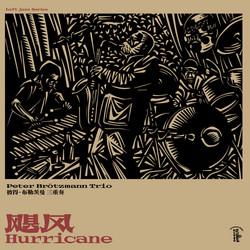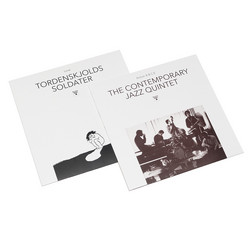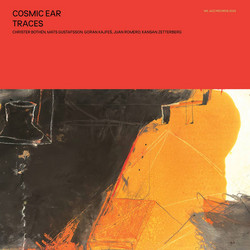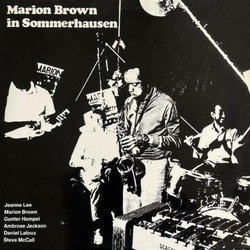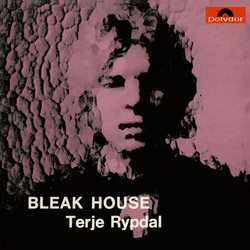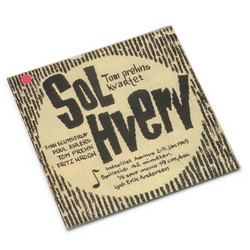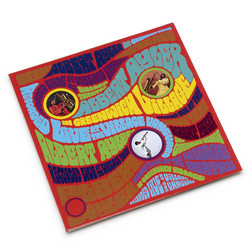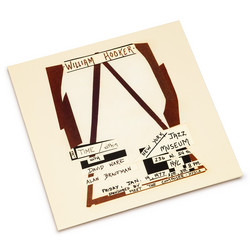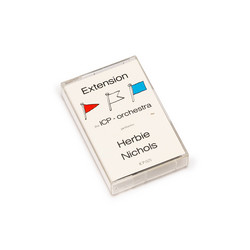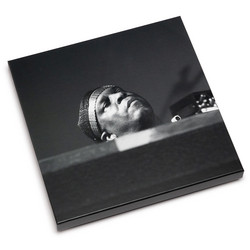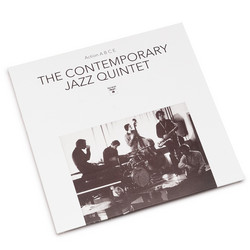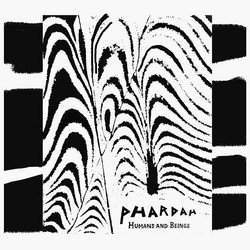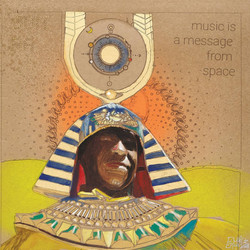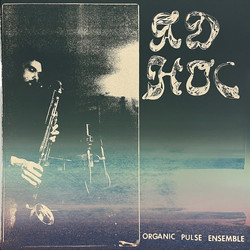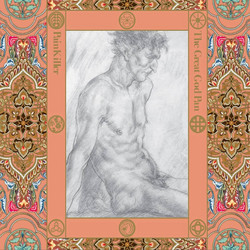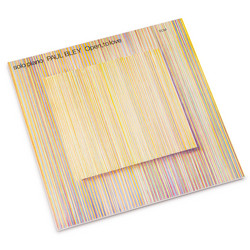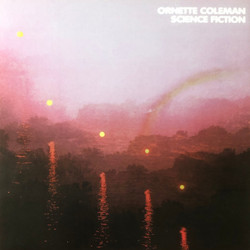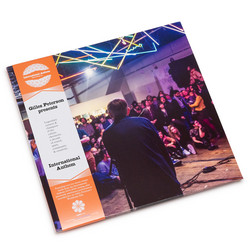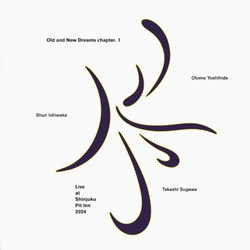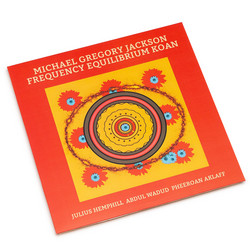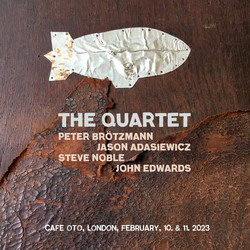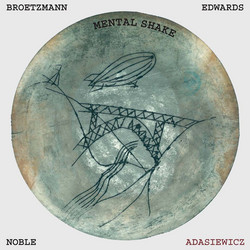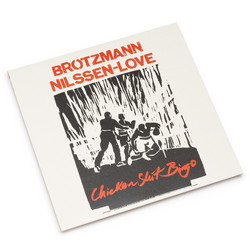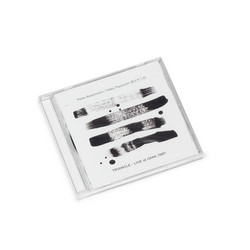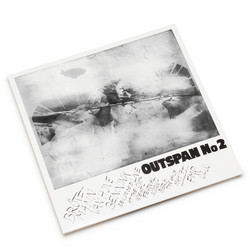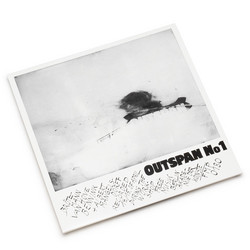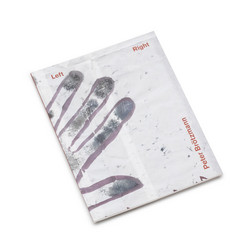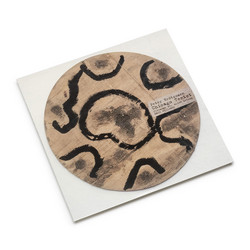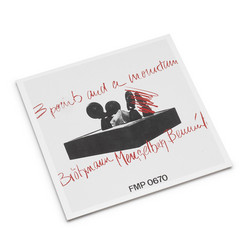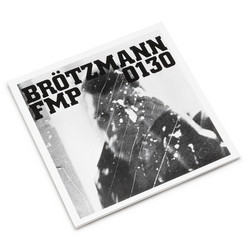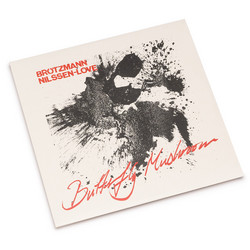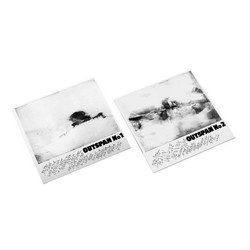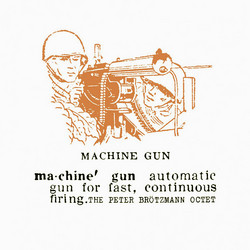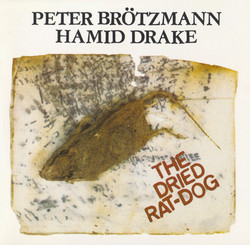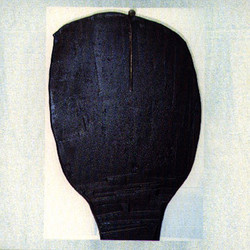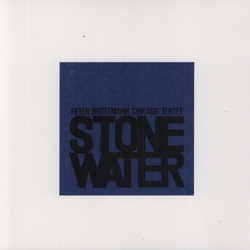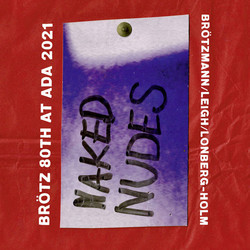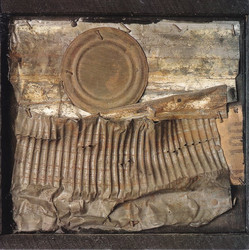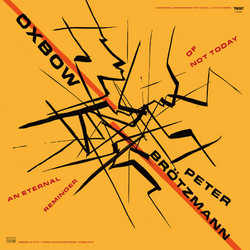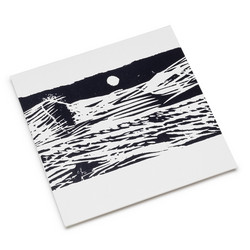Peter Brötzmann is described as mad by some and as the 'Godfather of free jazz' by others. His improvisational musical horizon ranges from violent outbursts and delicate, dreamy fantasies. The Live recording of his solo concert at the Münster of Berne from october 27th 2013 is an extraordinary contemporary document. "Solo performance has long been a vital part of Peter Brötzmann’s practice, but recordings of such sessions have been few and far between – at least until recently. Albums like 1984’s Kenneth Patcheninspired 14 Love Poems and 2011’s Solo/ Trio Roma explode caricatures of Brötzmann as some mindless free blowing thug by capturing the great reedsman at his most contemplative and exploratory. In contrast to the club space informality of 2013’s Solo Dobialab, Münster Bern has a more hallowed air, with Brötzmann making the most of the cathedral’s resonant space.
The disc, taped at the 2013 Zoom In Festival Of Improvised Music, benefits from crystal clear sound, which captures every nuance of Brötzmann’s playing right down to the gauzy burr of sung notes underpinning his multiphonic blowing.
Rather than tuning into the frequencies of a room with the scientific exactitude of a John Butcher, Brötzmann tailors his playing to the cathedral’s reverb and echo, favouring lyrical phrases over rapidfire sheets of sound. On the opening “Bushes And Bundles”, his tarogato scythes through the air with a rousing hunter’s call, ushering in a series of modal and textural investigations that, for all their rigour, are no less emotionally affecting. The 15 minute improvisation concludes with an inquisitive dérive around the upper register of this Hungarian horn, Brötzmann making canine yelps as he inhales.
Alto showcase “Crack In The Sidewalks” ranges from lush balladry to paint-stripping squeals, taking in smoky curls of Don Cherry exoticism en route. Even at his quietest, Brötzmann is a richly expressive player. He spends the opening minutes of “Move And Separate” tracing subtle patterns on clarinet, before unleashing a piercing shriek that unsettles the dust from the cathedral’s eaves. Yet rather than stay fixed at this ecstatic pitch, Brötzmann returns to his understated mode, with the violent irruption casting his playing in a more intense light. Switching to tenor for “Chaos Of Human Affairs”, he brings his gutsy post-Ayler tone to a melody that basks in the reflection of “Moon River”. Foghorn blasts make the walls tremble, ghost tones emerge from the rubble. “Münster Bern” is testament to Brötzmann’s tender fire. "Stewart Smith - The Wire"
